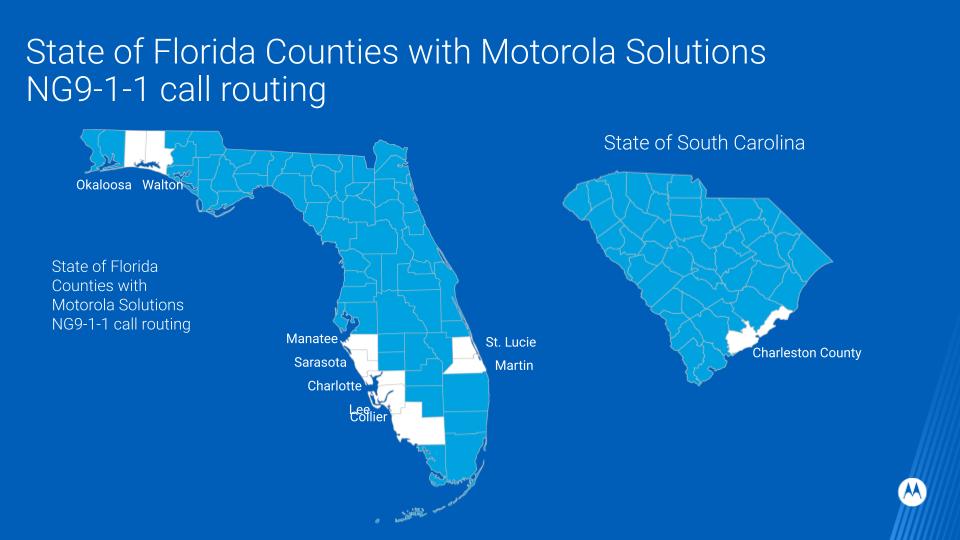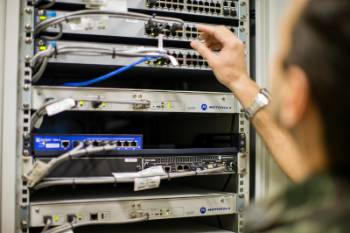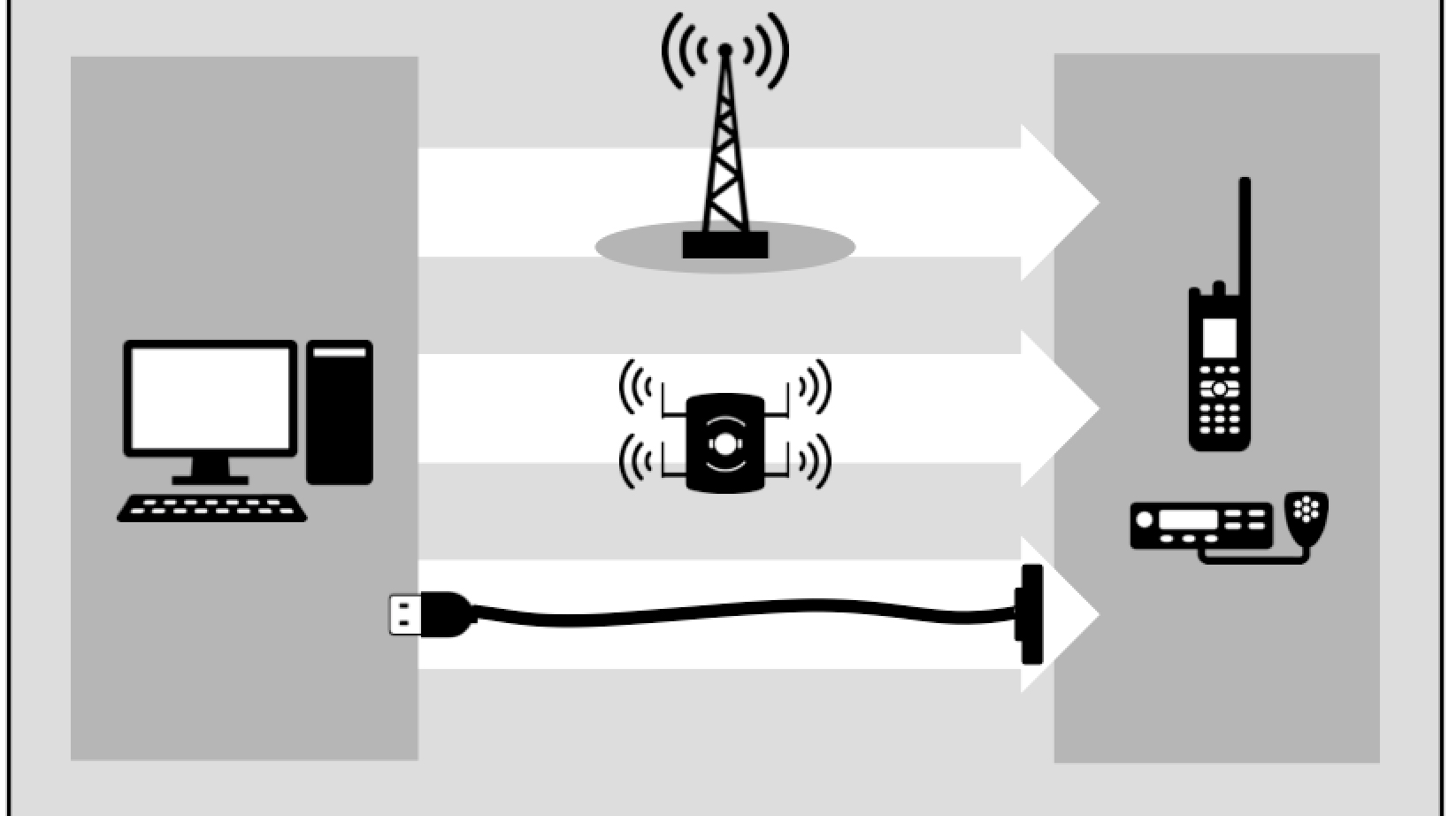Is NG9-1-1 call routing a game changer?
What’s changed for PSAPs (Public Safety Answering Points) that have deployed NG9-1-1 (Next Gen) call routing – whether it’s been five months or three years?
On a recent webinar we spoke with Bob Finney, Director of Communications Technology for Collier County Sheriff’s Office in Florida, and Tenea Reddick, 911 Director for the City of Baltimore, to hear their experience. We wanted to get a pulse on how Next Gen call routing is affecting PSAPs’ day to day operations.
We covered multiple topics and are highlighting one in particular for you in this blog. The reason is because Bob’s and Tenea’s examples indicate how much more is available to PSAPs with Next Gen call routing – interoperability, location-based routing, policy-based routing, data validation – that are not possible in the legacy world. As Bob says, “we now have the ability to deepen the bench so we don’t have citizens calling 9-1-1 and no one available to answer.” You can listen to the 59 minute webinar here.
Managing emergencies – near and far

Bob explains that in Florida each county is autonomous in selecting and deploying the services of the Next Gen provider. Collier County was the first to implement Next Gen call routing followed by other counties, all connected and bordering the gulf coast. Now the counties have interoperability so if one county is experiencing high call volume due to a local event or emergency, they can route calls to a neighboring county to assist.
However, in a hurricane where all counties are affected, it may not be possible to rely on neighboring jurisdictions. “Normally we could share the call volume, but when neighboring counties are also affected, it’s hard to do that,” says Bob. The good news? With Next Gen call routing, PSAPs can partner with one another near and far. This is why Collier County is working on a reciprocal interoperability program with Charleston County, South Carolina, three states away, where calls would be routed to Collier or Charleston, depending on the situation.
Managing emergencies – geofencing
Tenea describes the City of Baltimore’s vibrant culture scene, rich in diversity and history, which the city celebrates throughout the year with many different festivals. “The festivals,” says Tenea, “showcase the unique blend of the city’s heritage.”
Tenea is excited about how Next Gen call routing will allow the city to do something that, in her words, is game changing. “We can now geofence the areas where the festivals are being held and direct calls from the geofenced area to specific call takers in the EOC (Emergency Operations Center),” Tenea explains.
“We are bringing the live event into the EOC, being able to inform the public safety agencies immediately on the situation or event that is unfolding. We cut down on response time and have a much more efficient way to manage the event.”
Whether your agency has deployed Next Gen call routing, are in the process, or are still deciding, when you listen to the conversation with Bob and Tenea and the informative remarks from the Master of Ceremonies (MC), see if you don’t gain new insights into why Next Gen call routing is the cornerstone to the NG9-1-1 journey.
For more information, visit us at www.motorolasolutions.com/callrouting




